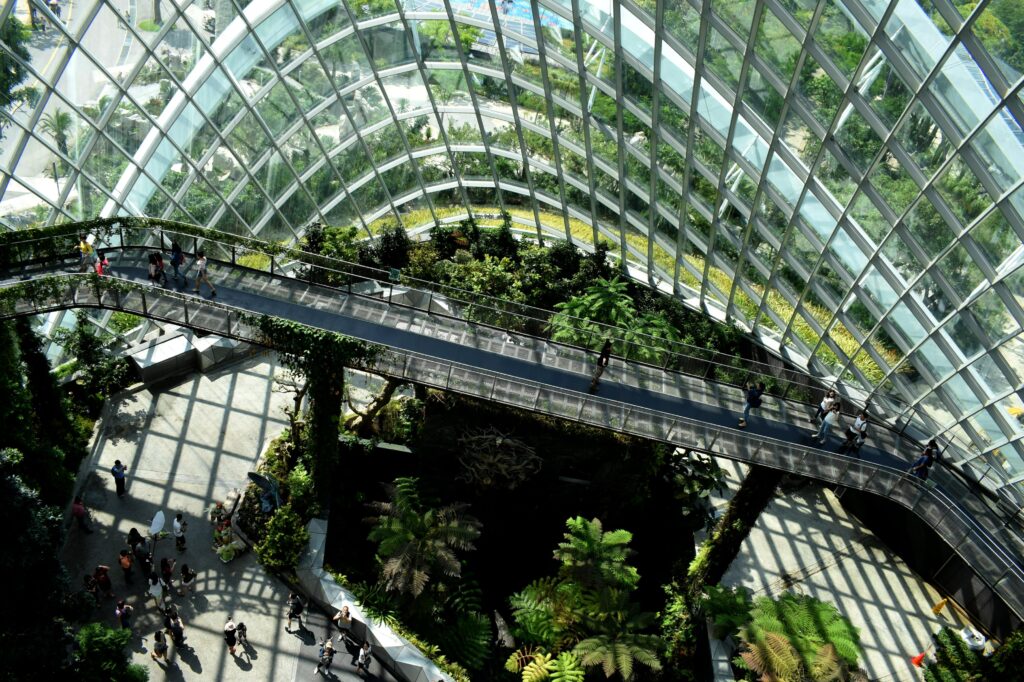For this year’s General assembly of the Global Compact Network Austria on the 24th of March, BCSSS Managing Director Stefan Blachfellner was asked to join the “Circular City” team lead by BCSSS/Global Compact Network Austria Board Member Karin Huber-Heim. The team identifies possible pathways for the implementation of the Sustainable Development Goals (SDG) for Austria. These goals were set by the UN in 2015 and all 193 member states have committed themselves to reaching them by 2030. Since the world is still far away from accomplishing those objectives, as was outlined in the “Sustainable Development Goals Report 2019”, it is of paramount importance to develop innovative impact-oriented solutions for their strategic implementation. The Global Compact Network, as the world’s largest initiative for responsible corporate leadership, has committed itself to achieving those goals and works towards them by using its position as a Multi-Stakeholder-Platform to engage representatives from business, civil society, science and politics and enhance intersectoral collaboration.
The circular city is outlined by the Ellen MacArthur foundation in the following vision statement:
“A circular city embeds the principles of a circular economy across all its functions, establishing an urban system that is regenerative, accessible and abundant by design. These cities aim to eliminate the concept of waste, keep assets at their highest value at all times, and are enabled by digital technology. A circular city seeks to generate prosperity, increase liveability, and improve resilience for the city and its citizens, while aiming to decouple the creation of value from the consumption of finite resources.”
Cities in the Circular Economy: An Initial Exploration, 2017
Since cities are responsible for 75% of humanity’s resource consumption, they are indispensable to the transition towards a sustainable economy and society.
Karin Huber-Heim kicked off the expert workshop with a lecture that picked up on the city as a crucial leverage point in the global economic system that has to be addressed in order to fulfil the SDG’s: “Climate Action” (13), “Good Health and Wellbeing” (3), “Clean Water and Sanitation” (6), “Life below Water” (14), “Life on Land” (15). After an extensive analysis of international best practice examples, like the city of Amsterdam, the working group discussed several proposals like localised smart energy networks, improved traffic flow and construction materials tracking. During the meetings the importance of digitalisation as an accelerator of the next economy was highlighted. The team will develop the topic further until June 2020.
